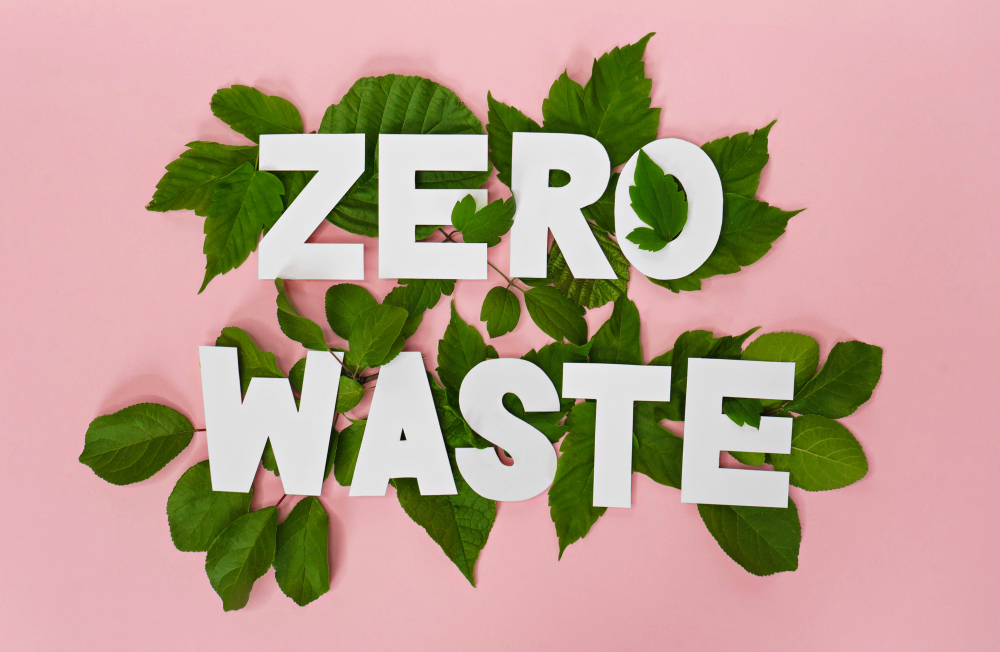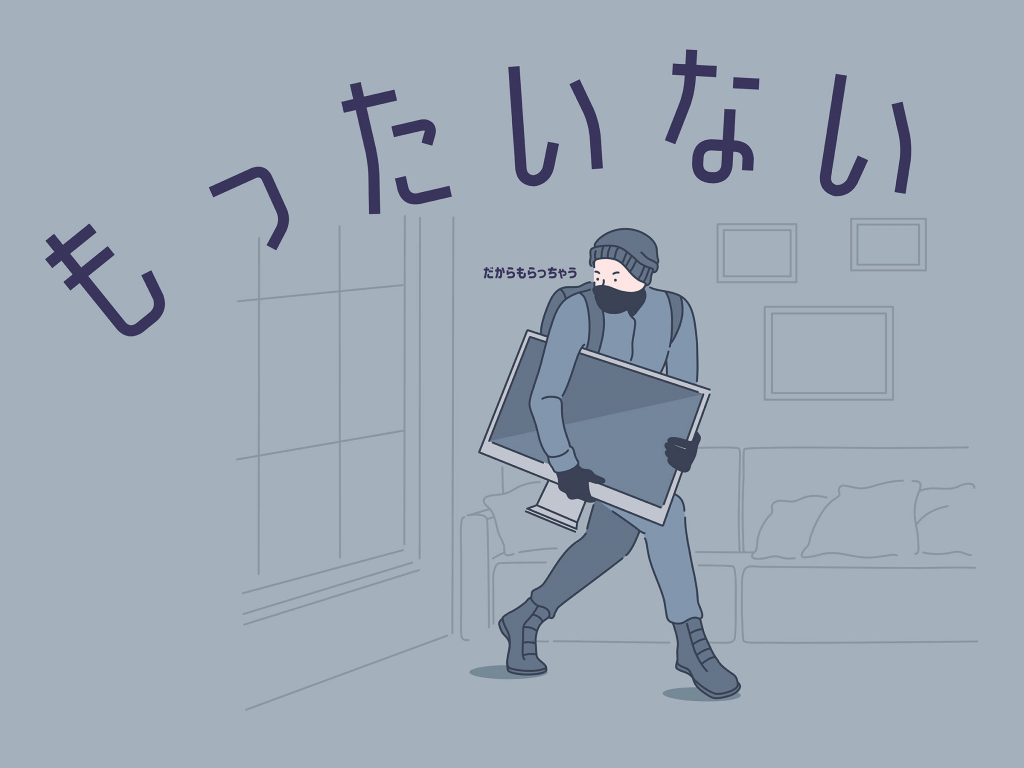According to the Oxford Dictionary, there were an estimated 170,000 words in use in the English language 30 years ago. It’s said that the average anglophone knows 1/17th of them. Wondering how many words there are in Japanese? It’s hard to say. Being an agglutinative language that borrows words from English, German and French, among others, and with slang that’s created and forgotten in the blink of an eye, there’s no sure way to quantify. In this series, we dive deeper into the etymology and meaning of Japanese words that have no equivalent in the English language.
Mottainai
Japanese natives often forget the origins of some of their most-used expressions. Shouganai was a great example of how spiritual concepts creep their way into daily conversations, and to that (long) list we can add mottainai.
Asobi System pop star Kyary Pamyu Pamyu released her song Mottai-Nightland in 2014 (yes, we’re that old), where she sings about living her dreams despite them being ephemeral. Her songs never made much sense to me but her use of the expression in this particular track illustrates what it means in 21st century Japan. Her dreams are a waste of time because they won’t last. And I guess she’s upset about it and that’s why she does “mean things.”
The expression in its contemporary meaning dates back to the Edo era. During that period, it was highly encouraged to reuse your belongings until they really served no purpose. Kimono, among other things, is often used as an example. Once the kimono was ruined or stained and could no longer be worn, it would be used as a rag to clean the floor. When it could no longer be used to clean, it would be thrown into the fire as fuel. Even the ashes served a purpose once the fabric was completely burned.
Environmentalist, activist and Nobel Peace Prize winner Wangari Maathai introduced mottainai into pop culture in 2002. She used the expression as a slogan for her campaign and encourage people to reduce, reuse and recycle. As her audience grew, more and more people translated mottainai to “what a waste!”

The expression became something like an expression of regret. In Japan, you’ll often hear it from parents when throwing away leftover food, or when over-purchasing. Japanese writer Mariko Shinju repurposed the expression is a similar fashion in her Mottainai Grandma series, where she tries to convey the complexity of mottainai through a picture book and via a wise grandmother.
Though nowadays you often encounter mottainai written in hiragana, in kanji it becomes 勿体無い, composed of 勿体 which translates into something like “precious” with a heavy spiritual connotation, and 無い which becomes “nonexistent” in English. So what does it mean, etymologically?
Mottainai is said to have been an expression to indicate that a gift, or praise for one’s actions, served them no purpose or was of no value to them, and thus wasted. In other words, it was used as a way to show humility, to degrade ourselves and our actions by expressing that we deserve nothing.
Transforming the expression into a sense of regret is, well, regrettable, but the repurposing of mottainai still has some positive effects. Notably, it’s the name of one of the biggest flea markets in the city.









